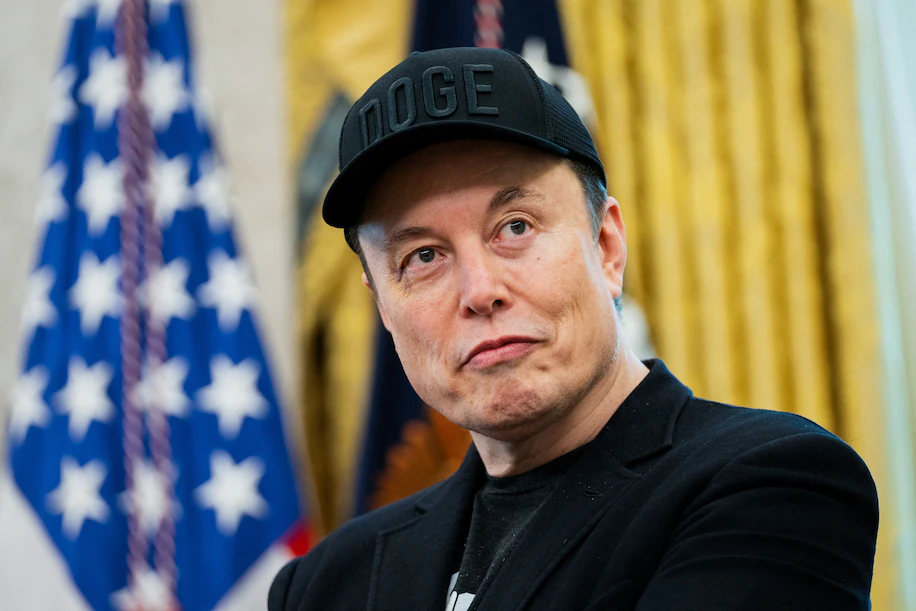The U.S. Supreme Court on Friday allowed the Department of Government Efficiency (DOGE), a central agency in President Donald Trump’s initiative to downsize the federal workforce, temporary access to extensive personal data held by the Social Security Administration (SSA), despite ongoing legal challenges.
In a brief, unsigned order, the Court paused a ruling by U.S. District Judge Ellen Hollander, which had blocked DOGE from accessing sensitive records, including medical histories, financial data, Social Security numbers, and immigration files. Judge Hollander had found that unrestricted access likely violated federal privacy laws.
The Court’s conservative majority (6-3) granted the emergency request from the Justice Department, with no explanation provided. The three liberal justices dissented, citing privacy risks and a lack of justification from the administration.
Justice Ketanji Brown Jackson, joined by Justice Sonia Sotomayor, sharply criticised the majority’s decision, arguing the administration failed to show any compelling need or interest in complying with existing privacy safeguards.
Supreme Court halts lower court mandates on DOGE
In a separate order Friday, the Court also blocked lower court mandates requiring DOGE to release records to a watchdog group investigating its activities.
Established by Trump and tech entrepreneur Elon Musk, DOGE has aggressively sought to reduce federal employment and overhaul government operations. Although Musk formally exited his government role on May 30, watchdog groups say his influence endures.
Read also: Trump’s spending bill ‘undermines’ DOGE’s work – Elon Musk
Two labour unions and the advocacy group Democracy Forward sued to stop DOGE from accessing the SSA’s data, warning that the personal information of over 70 million Americans and many elderly or disabled now at risk.
“This order threatens the privacy of millions,” said Democracy Forward in a statement. “Elon Musk may have left Washington, but the consequences of his initiatives remain deeply harmful.”
Judge Hollander’s April ruling had cited DOGE’s failure to justify its need for sweeping access and ordered staffers to delete any improperly obtained data. She permitted only limited access to de-identified information, contingent on proper training and background checks.
While a majority of the Fourth Circuit Court of Appeals upheld Hollander’s injunction in a 9–6 decision, dissenting judges argued the case should follow precedent, allowing DOGE access to data in other federal departments.
However, the majority emphasised that SSA data involves “vastly greater stakes,” including confidential records such as family court documents, mental health treatment histories, and children’s school files.
As the legal battle continues, the Supreme Court’s intervention allows DOGE to access this trove of sensitive information, at least for now.



